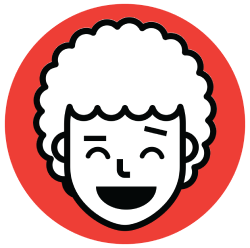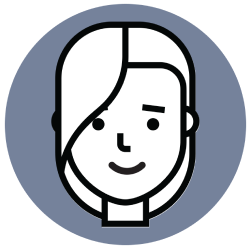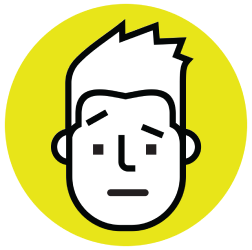What does your child want to be when they grow up? Many kids start thinking about their future career options as they go into high school. As a parent, you probably wonder what math classes they should take to compete in tomorrow’s job market. Across all industries, there is a growing demand for advanced math skills.
The demand fields like science, computer programming, medicine, and engineering is increasing daily. These fields have always required advanced math. Now many creative arts fields, such as animation and special effects, also require advanced math skills because these fields also rely on technology.
Sometimes children don’t know yet what they will be when they grow up. Even if they think they have a career goal now, it will likely change before they turn 25. That’s why at Mathnasium of St Peters North, we want kids in high school to get the math education to prepare for any career. Remember, the most exciting jobs of tomorrow don’t even exist today. Your child’s education plan should include 3 or more of the following classes:
- Statistics
- Trigonometry
- Calculus
- Advanced Linear Algebra
- Game Theory
Statistics: The mathematical field concerned with the collection, analysis, interpretation, and presentation of data. Statisticians, forecasters, and analysts, are used in most industries to help formulate implementation plans and strategies, create risk assessments, coordinate logistics, track performance, maximize profitability, and to inform a wide variety of decision making. Statistics is used by:
- economists
- political analysts
- psychologists
- epidemiologists
- veterinarians
Trigonometry: The branch of mathematics which studies angles and their relationships. The fundamental mathematical component of both navigation and astronomy. Trigonometry is used by:
- engineers
- mathematicians
- medical technicians
- actuaries
- statisticians
- chemists
- physicists
- photographers
- animators
- special effects designers
Calculus: The mathematics of determining how processes or objects will change over time. Calculus provides the framework that makes a wide variety of modeling systems possible. Calculus has applications across a wide variety of technical and scientific fields. Calculus is used by:
- all types of engineers
- pharmaceutical sciences
- financial analysts
Advanced Linear Algebra: This area of mathematics deals primarily with vector spaces, linear transformation, dimension counting and transformation. While still valued across a very wide range of science and technology careers, linear algebra is increasingly becoming valuable in the visual arts fields. Advanced linear algebra is used by:
- animators
- designers
- special effects directors
- engineers
- biologists
- biomedical researchers
Game Theory: The area of mathematics concerned with logical decision making in humans, animals, and computers, through mathematical models of conflict and cooperation. Game theory is used by:
- political scientists
- economists
- philosophers
- psychologists
- biologists
- computer scientists
- game designers
- educational designers
What if my child struggles with math already?
Mastering advanced math relies on developing basic math skills. Correcting math gaps in your child’s fundamental math skills will boost their confidence and reduce math anxieties. Mastery of advanced math topics will help with taking the ACT and the SAT. High school students with high math test scores and grades get a significant advantage when applying for college admissions and scholarships. Students who bring advanced skills with them to university don’t have to waste time and money on remedial courses.
It takes a map to get there.
Whether your child dreams of being an astronaut, animator, sports statistician, scientist, financial consultant, special effects engineer, or game designer, strong math skills will allow them compete in the global job market.
Globalization means children from St Peters North will compete for jobs with people from around the globe. Children from China, South Korea, Japan, Switzerland, Estonia, and Finland score better than children from the U.S. on the math portion of the international test known as “PISA.”
Creating a plan increases your children’s chances of reaching their goals. To help them, evaluate where your child is right now in terms of skill, comfort, and confidence, with math. Talk with your children about math as it relates to their current career interests.
Once you understand their goals, comfort level, confidence, and the math skills they will need to get there, call us to setup a free trial session, or a no-risk assessment. Our assessment will determine if your child is at or above grade level, which subjects to target, and any math gaps they may need assistance with in order to be well prepared to pursue their dreams. Call Macy of Mathnasium of St Peters North today at (636) 812-MATH.

 877-601-6284
877-601-6284 877-601-6284
877-601-6284















